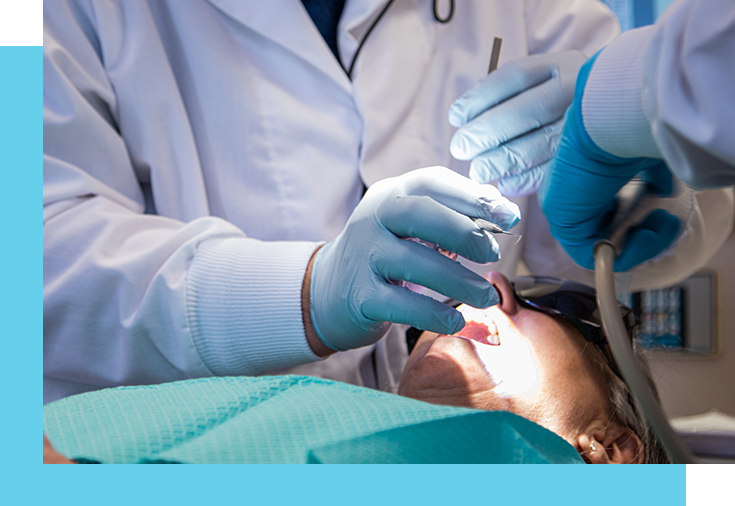6 Must-Know Tips on Tooth Extraction Aftercare
Here are some key points to remember when caring for your mouth after tooth extraction:
1. Follow Your Dentist's Instructions Carefully
Your dentist will provide you with specific instructions for caring for your mouth after the
extraction, and it's important to follow these instructions to the letter. This may include taking
prescribed medications, avoiding certain foods and activities, and practicing good oral hygiene.
Your dentist may remind you to be cautious about not biting your tongue while your mouth remains
numb.
2. Practice Good Oral Hygiene
Avoid brushing or rinsing your mouth during the first 24 hours after the extraction. Afterward,
brush your teeth at least twice daily with a soft-bristled toothbrush and fluoride toothpaste. It's
also essential to floss gently around the removal site to remove any food particles or plaque that
may have accumulated. However, avoid using commercial mouthwashes or rinsing your mouth with
hydrogen peroxide, as these can irritate the extraction site and slow the healing process.
3. Avoid Certain Foods and Activities
In the first few days after the extraction, avoid eating hard, crunchy, or sticky foods that could
get stuck in the removal site. You can eat without restriction as soon as the time has passed
and you are comfortable. You should also avoid using tobacco products, as they can cause
the extraction site to become dry and increase the risk of infection. Additionally, avoid activities
that could cause trauma to the removal site, such as strenuous exercise or contact sports for the
first 24 hours.
4. Control Swelling and Discomfort
To reduce swelling, apply a cold compress to the outside of your mouth, near the extraction site.
Make sure to wrap the cold compress in a clean cloth, and only apply it for 10-15 minutes at a time.
To control discomfort, take over-the-counter pain medication as directed by your dentist. Avoid
taking aspirin, as it can increase the risk of bleeding. The swelling should subside after about 48
hours.
5. Protect the Blood Clot
Assure the gauze remains in the mouth for 30 to 45 minutes, or as told by your dentist. This forms a
blood clot to stop the bleeding and begin the healing process. Do not disturb or dislodge the
clot. Avoid rinsing your mouth vigorously, sucking on straws, drinking alcohol, or spitting for 72
hours, as these activities can dislodge the blood clot and cause a condition called dry socket. If
you notice that the blood clot has come out or that the extraction site is dry and painful, contact
your dentist right away.
6. Watch for Signs of Infection
To reduce the risk of infection, practice good oral hygiene and avoid activities that could increase
the risk of infection. Additionally, if you notice any signs of infection, such as redness,
swelling, or discomfort around the extraction site, contact your dentist right away.

